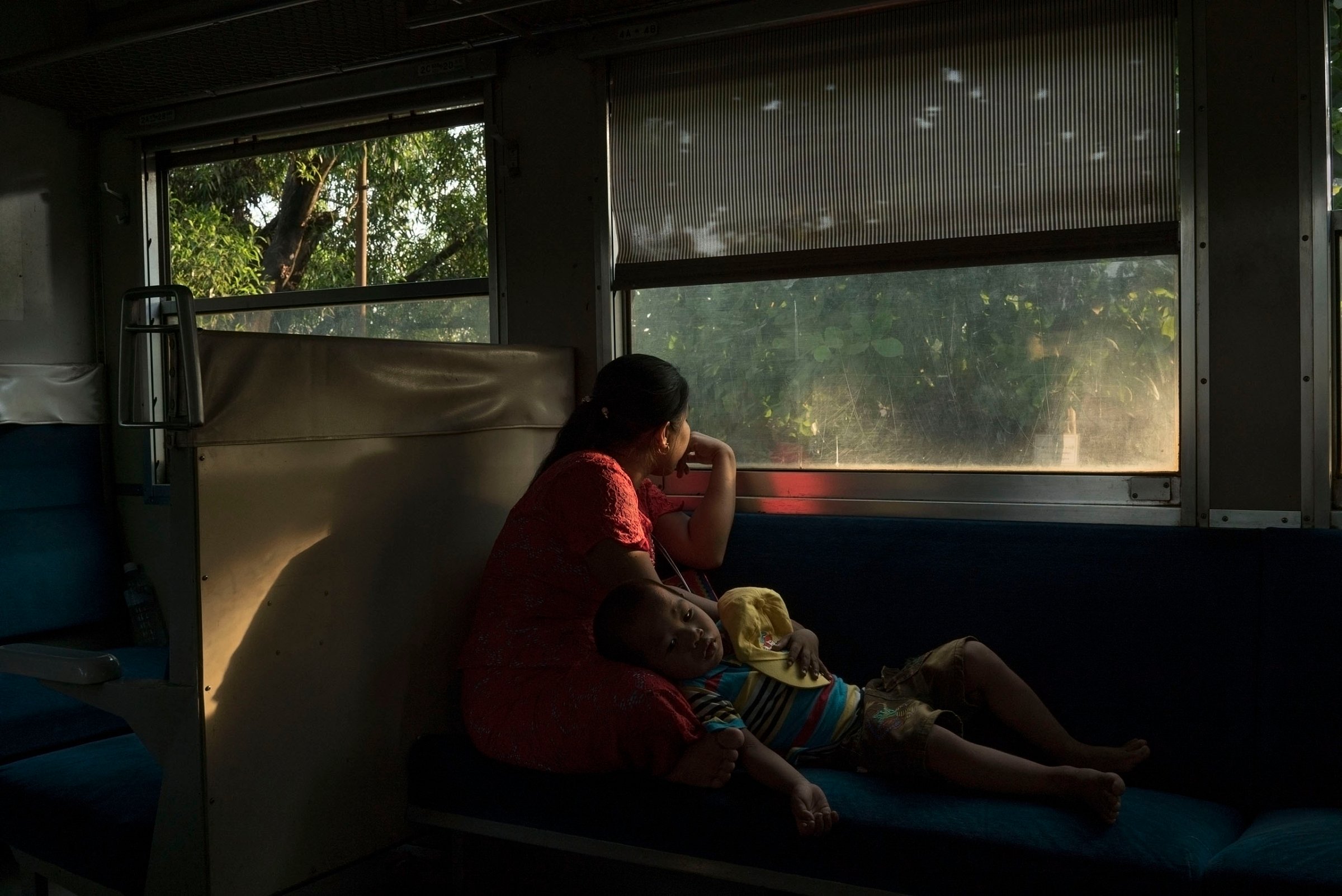
When Taiwanese Magnum photographer Chien-Chi Chang visited Burma this past spring, he captured a country on the cusp of change. Aung San Suu Kyi, the Nobel laureate once imprisoned by a brutal military junta, had just been sworn in as the nation’s de facto leader. Her landslide win in a November election peacefully dismantled a dictatorship. No one knew what would happen next; moods oscillated between hope and fear among a people so battered by war and yet so persistent in their pursuit of freedom.
But for all of the uncertainty, Chang’s photographs show us moments of calm introspection. A displaced child on a plastic chair peers across the Bay of Bengal. A mother looks out the window of a dimly lit train car that ploughs slowly through the farmland surrounding Burma’s largest city and former capital, Rangoon.
Chang, who was awarded a Magnum Emergency Fund grant for his trip to Burma, enjoyed the freedom to move around the country that many of its people do not have. He shows us a lone man walking across an empty 20-lane highway in the capital Naypyidaw, then he takes us to the city of Sittwe on the western coast, where more than 100,000 stateless Rohingya Muslims have lived in displacement camps since a rash of deadly riots in 2012. In the country’s mountainous far north, a family of four is seen huddling inside their bamboo shelter, also having been displaced by conflict. They are Kachin, a mostly Christian minority still embroiled in a decades-long civil war with the Burmese army.
“We knew that there would be many challenges to overcome, and we are overcoming them,” Suu Kyi said in a recent interview with Singaporean broadcaster Channel News Asia, reflecting on her government’s rough rookie year. “Of course, one always wants to overcome them immediately, but we knew of course that this is a wish rather than a practical view of what might happen.”
It has been a tumultuous nine months since her party, the National League for Democracy, took office. The military still controls key levers of the government, and war continues in the country’s rugged borderlands. Ethnic and religious tensions are reaching fever-pitch in the western state of Arakan, where tens of thousands of Muslims are desperately trying to reach Bangladesh.
Despite—or perhaps because of—its complexities, Chang says that Burma, which is officially called Myanmar, is his favorite country in Southeast Asia.
“Myanmar was and has been in one of the rarest events in history, which was the peaceful transfer of power from a military dictatorship into the hands of a democratically elected civilian government,” Chang tells TIME’s international photo editor Alice Gabriner. “Even rarer than that is when the fate and reins of a country are placed in the hands of a leader that both the world and its own people revere.”
Much will change in the years ahead, but the people pictured here are suspended in time.
Chien-Chi Chang is a Magnum photographer based in Austria.
Alice Gabriner, who edited this photo essay, is TIME’s International Photo Editor.
Feliz Solomon is a writer at TIME, specializing on Southeast Asia. Follow her on Twitter @felizysolo.
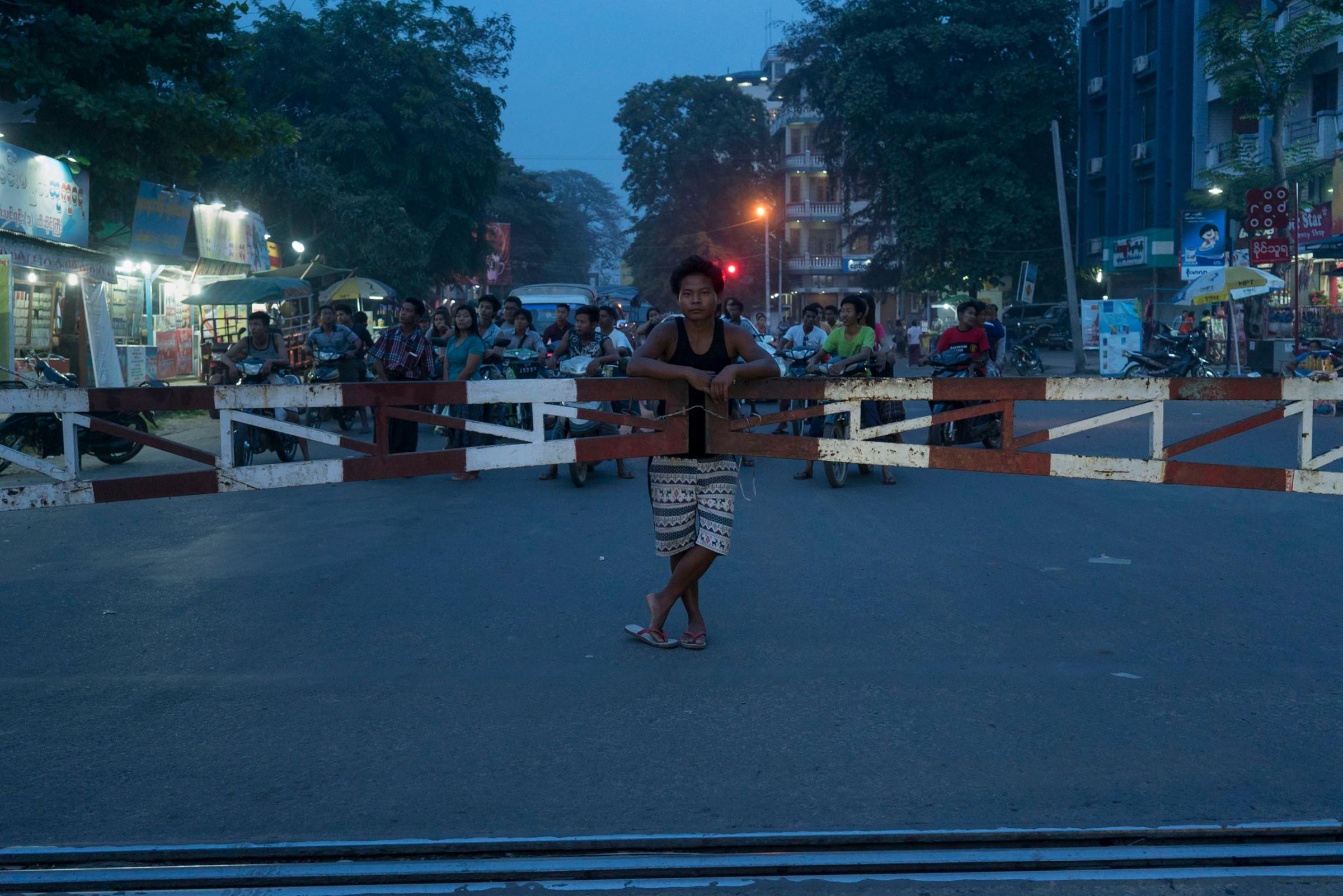
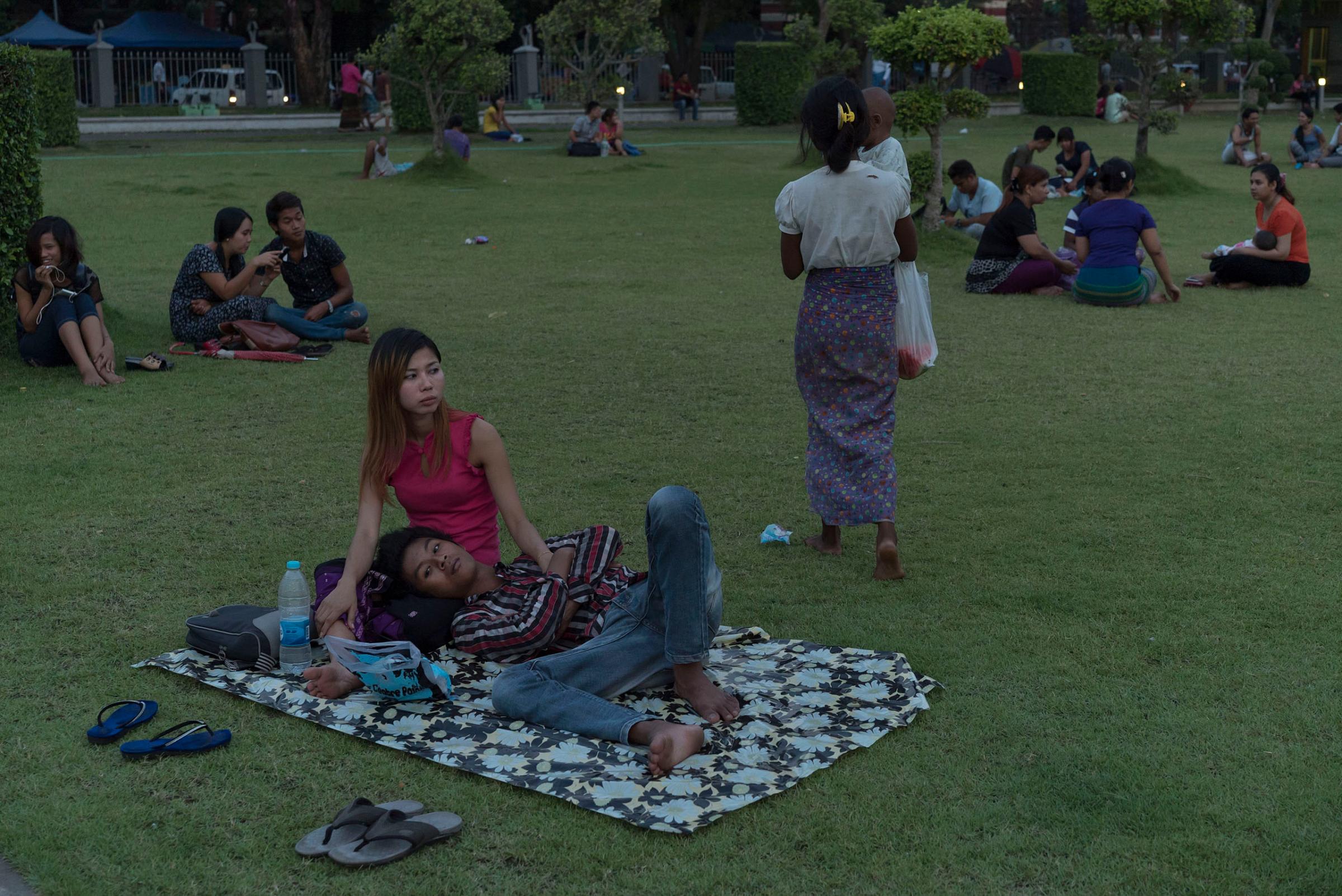
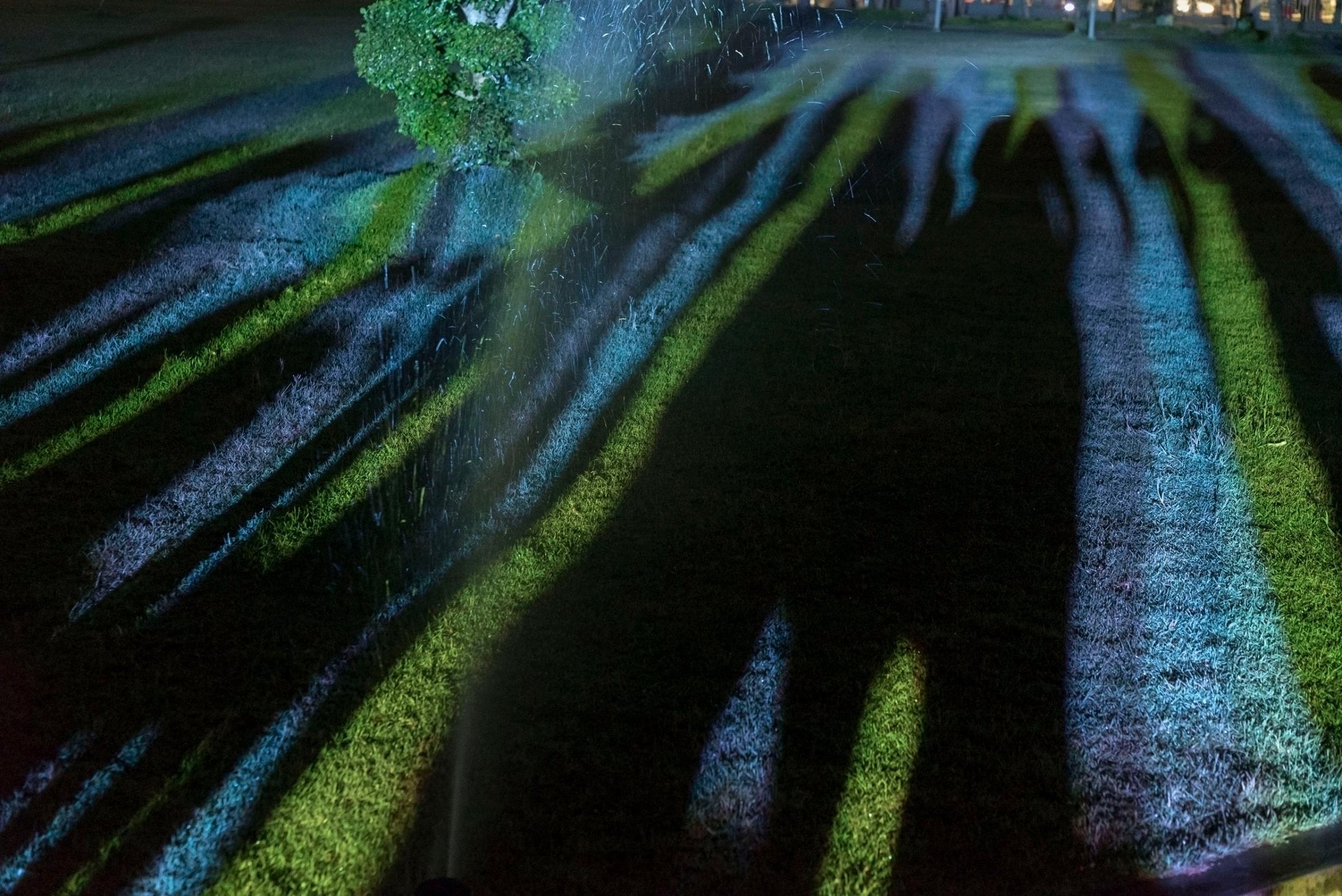
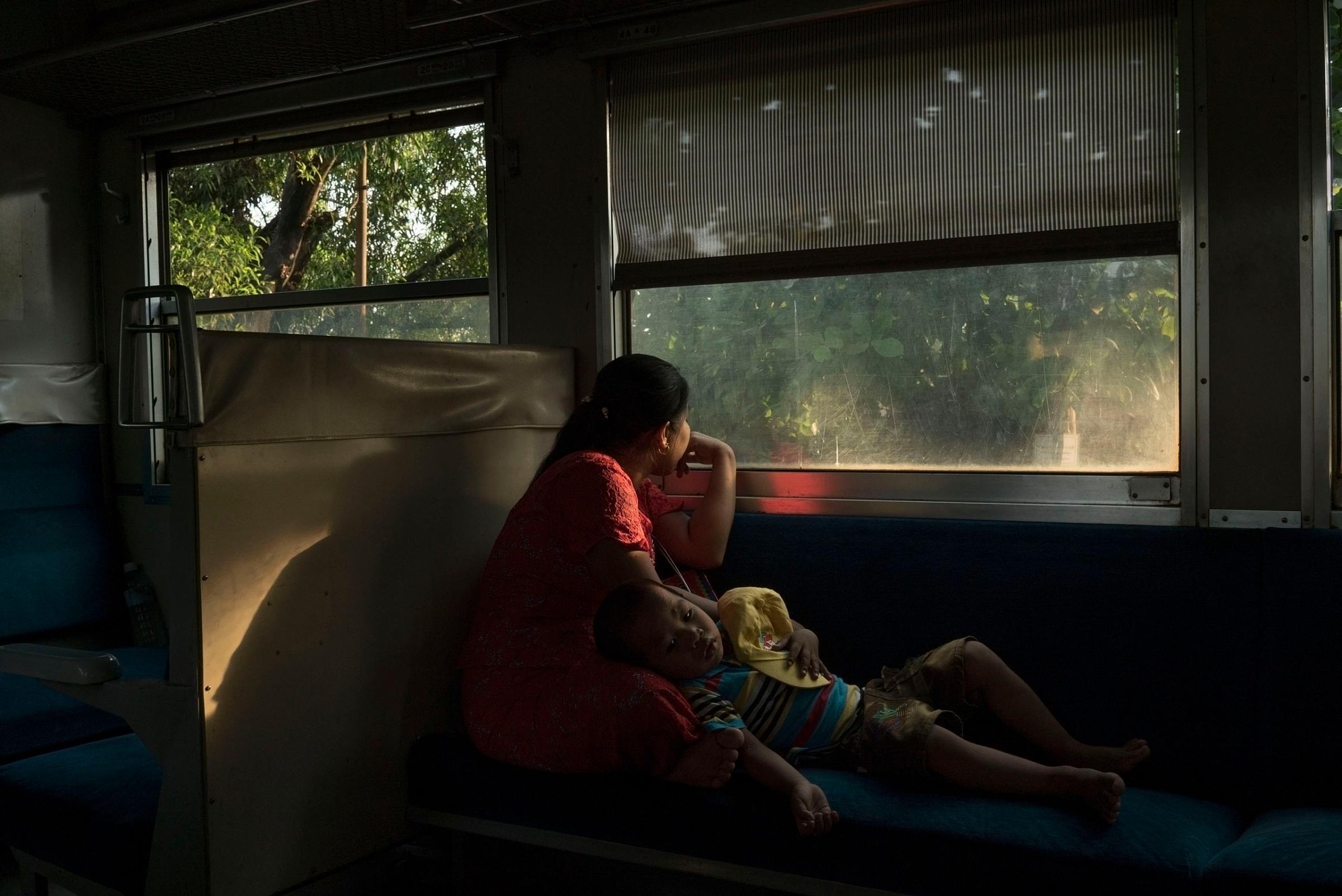
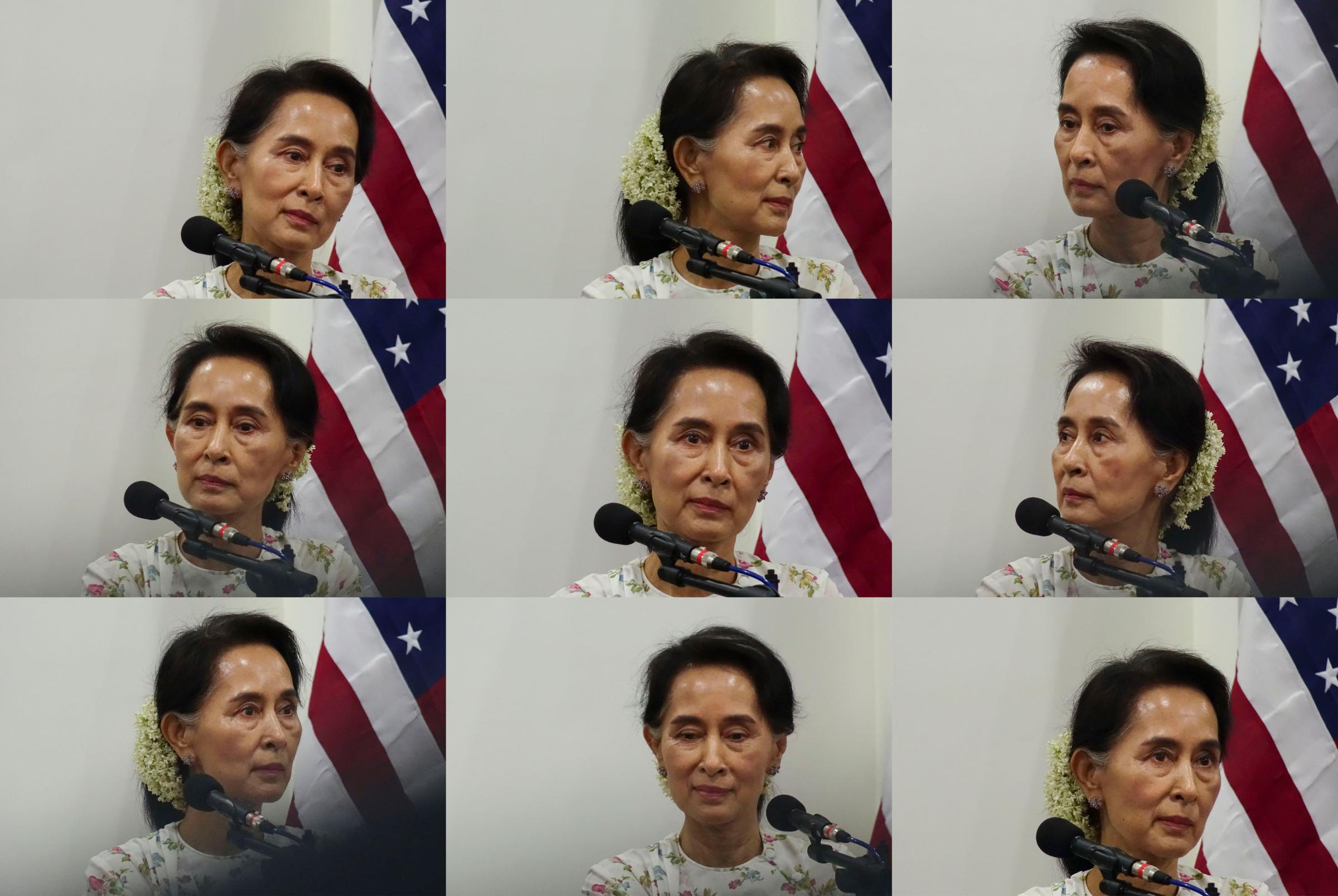
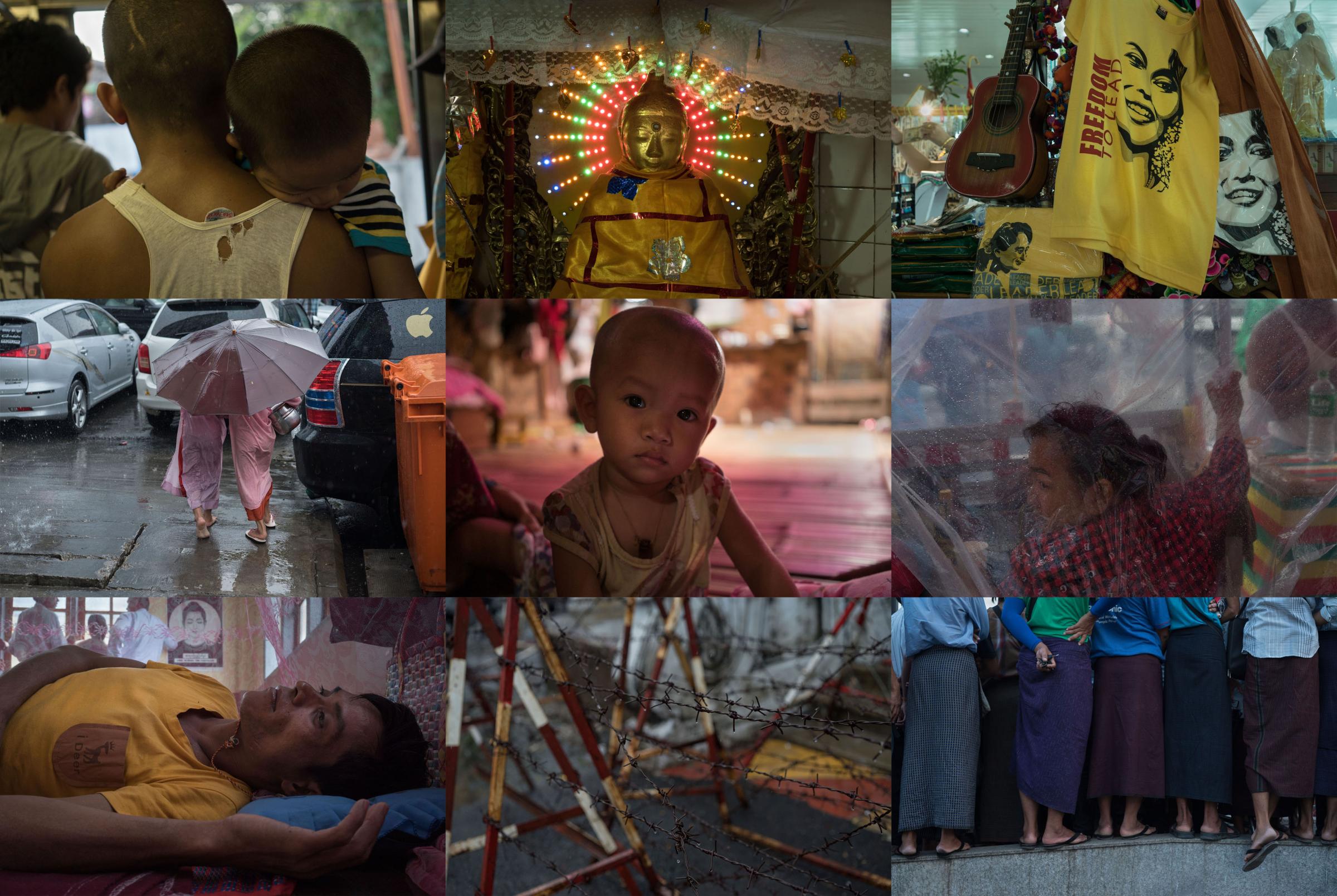
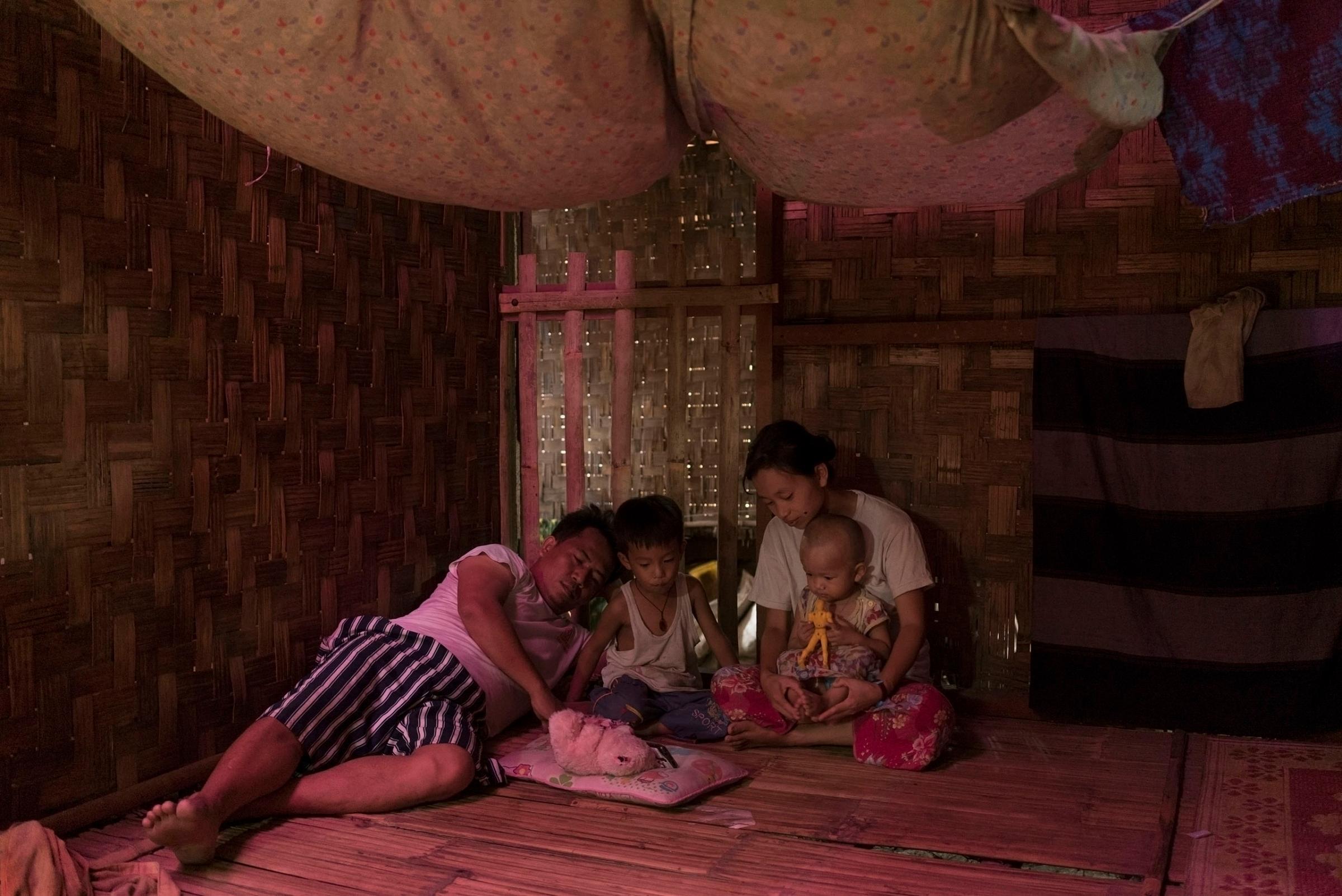
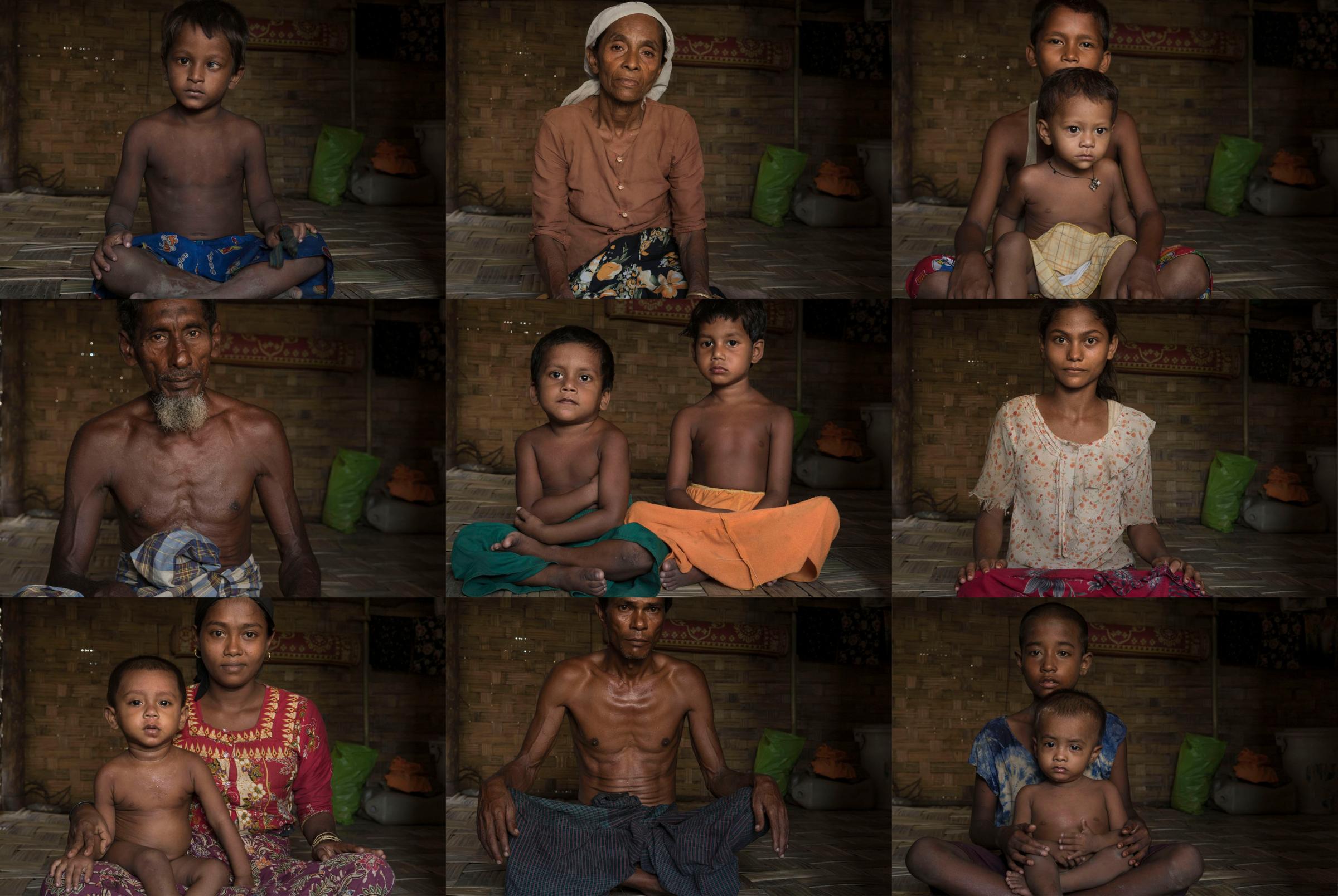
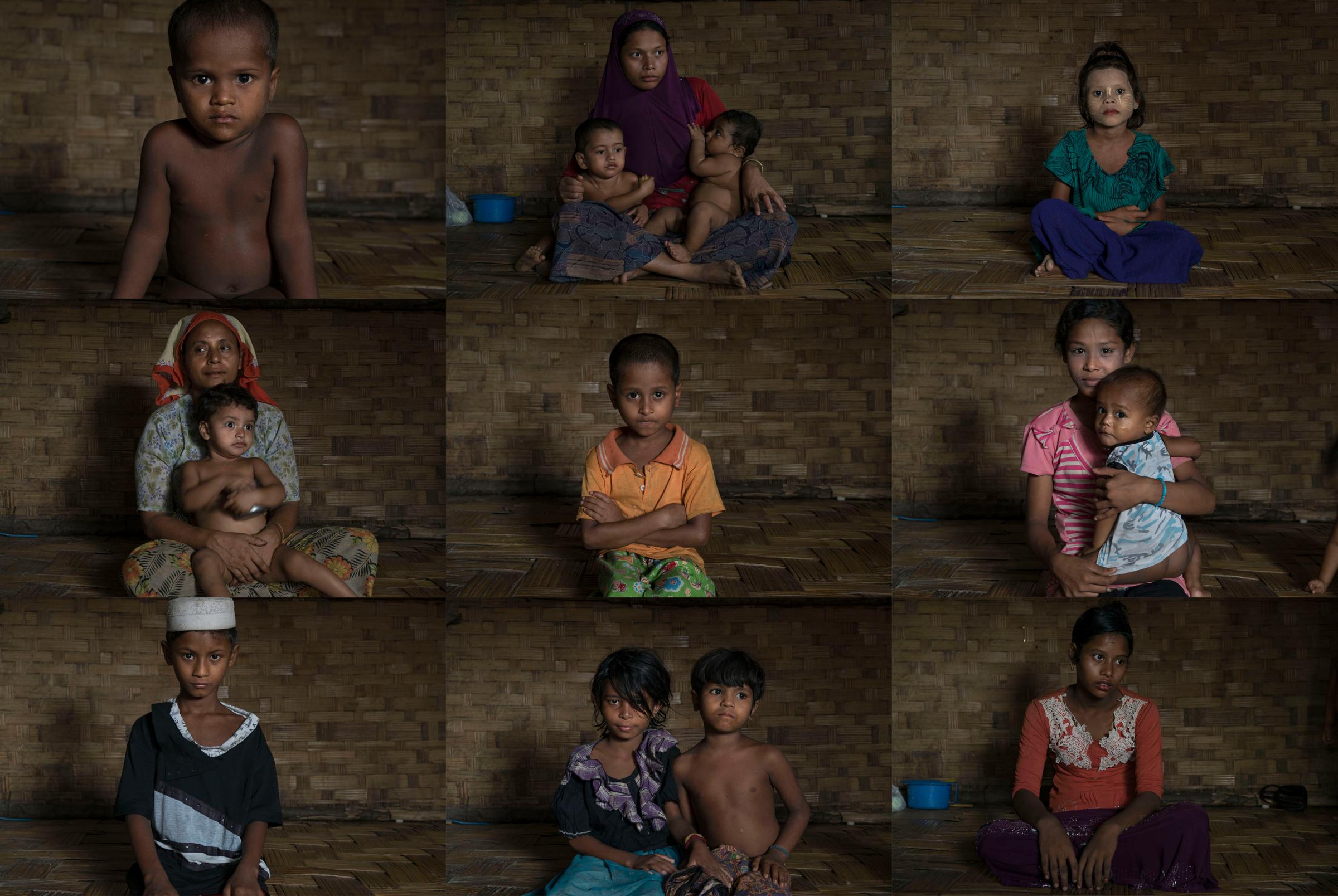
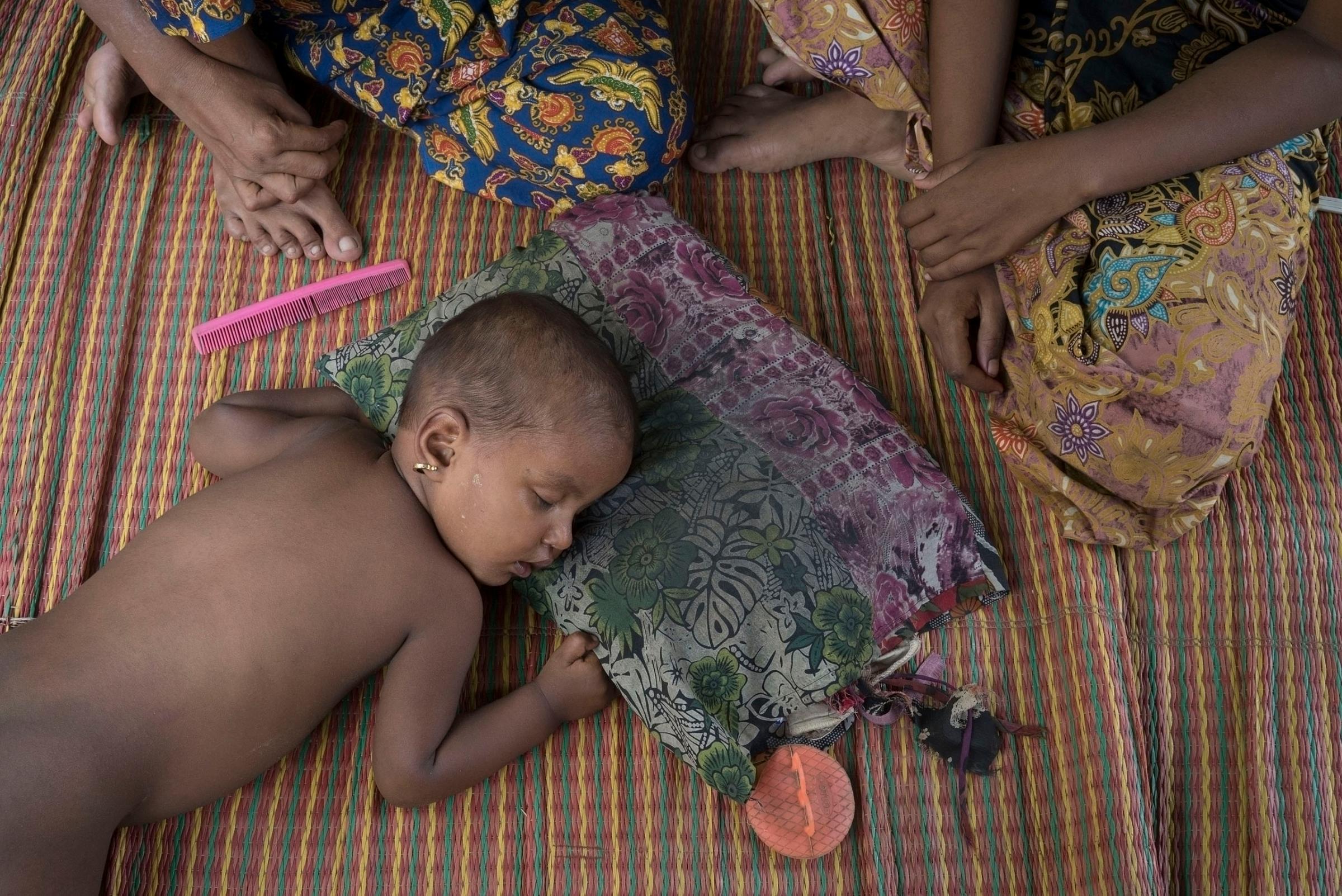
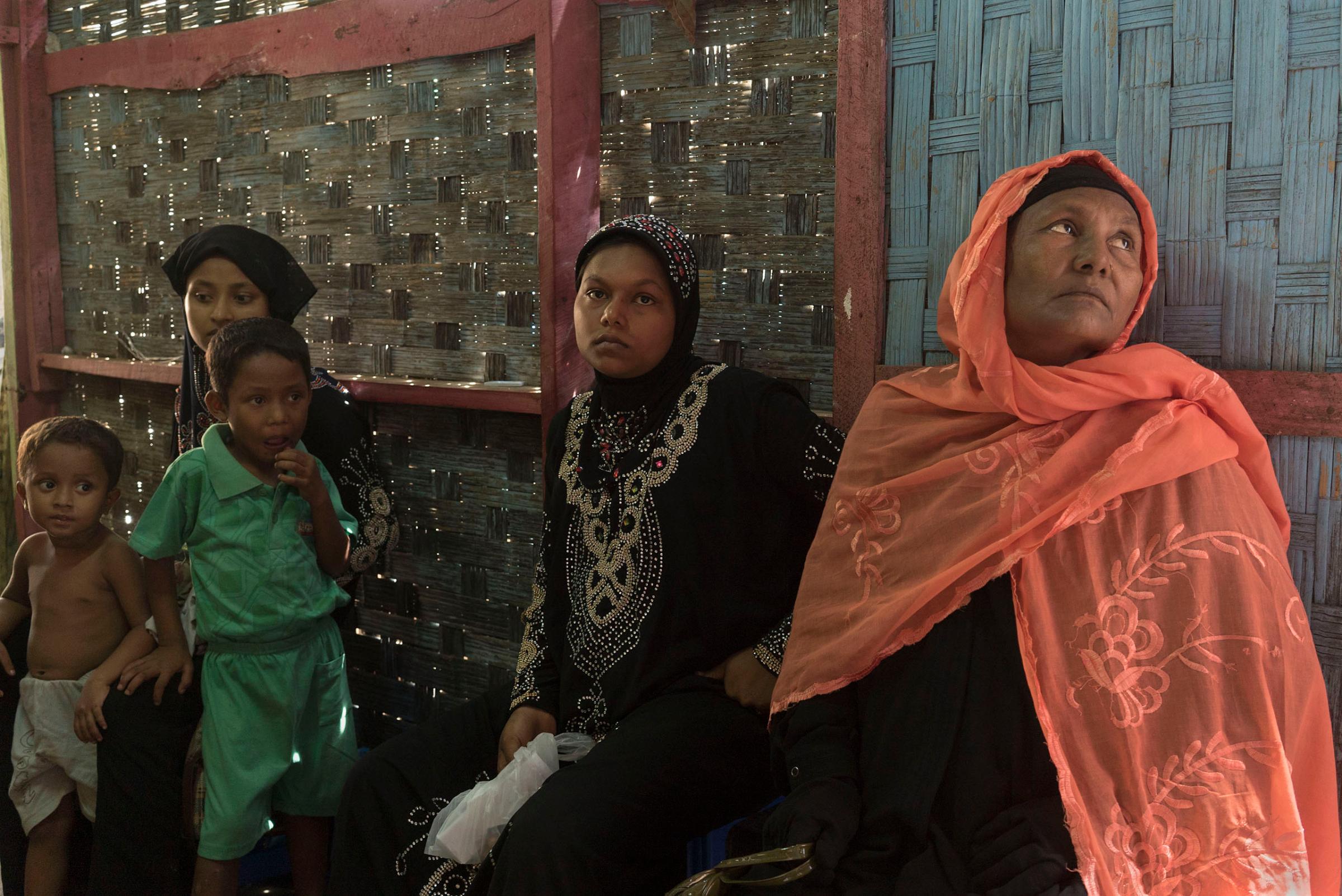
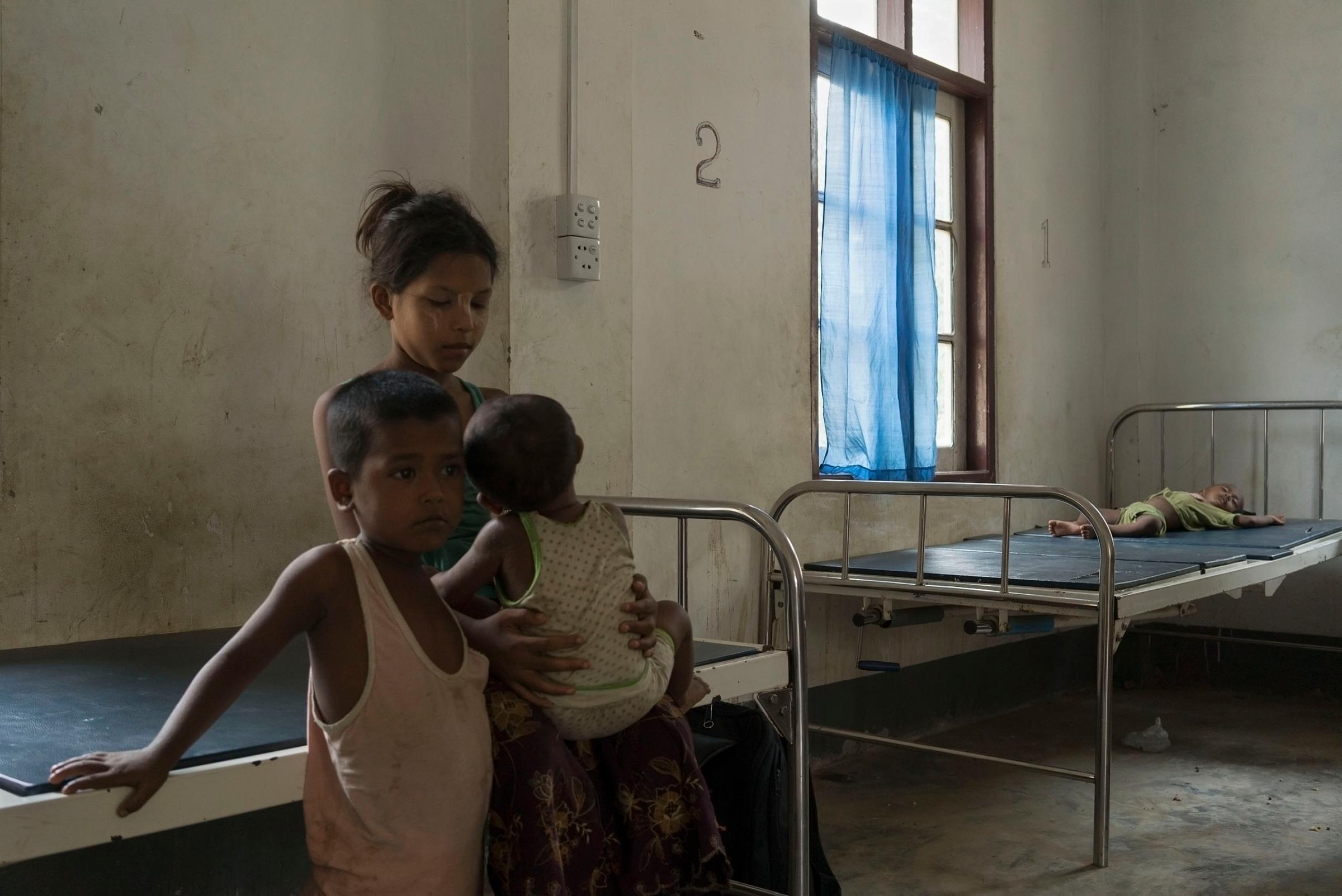
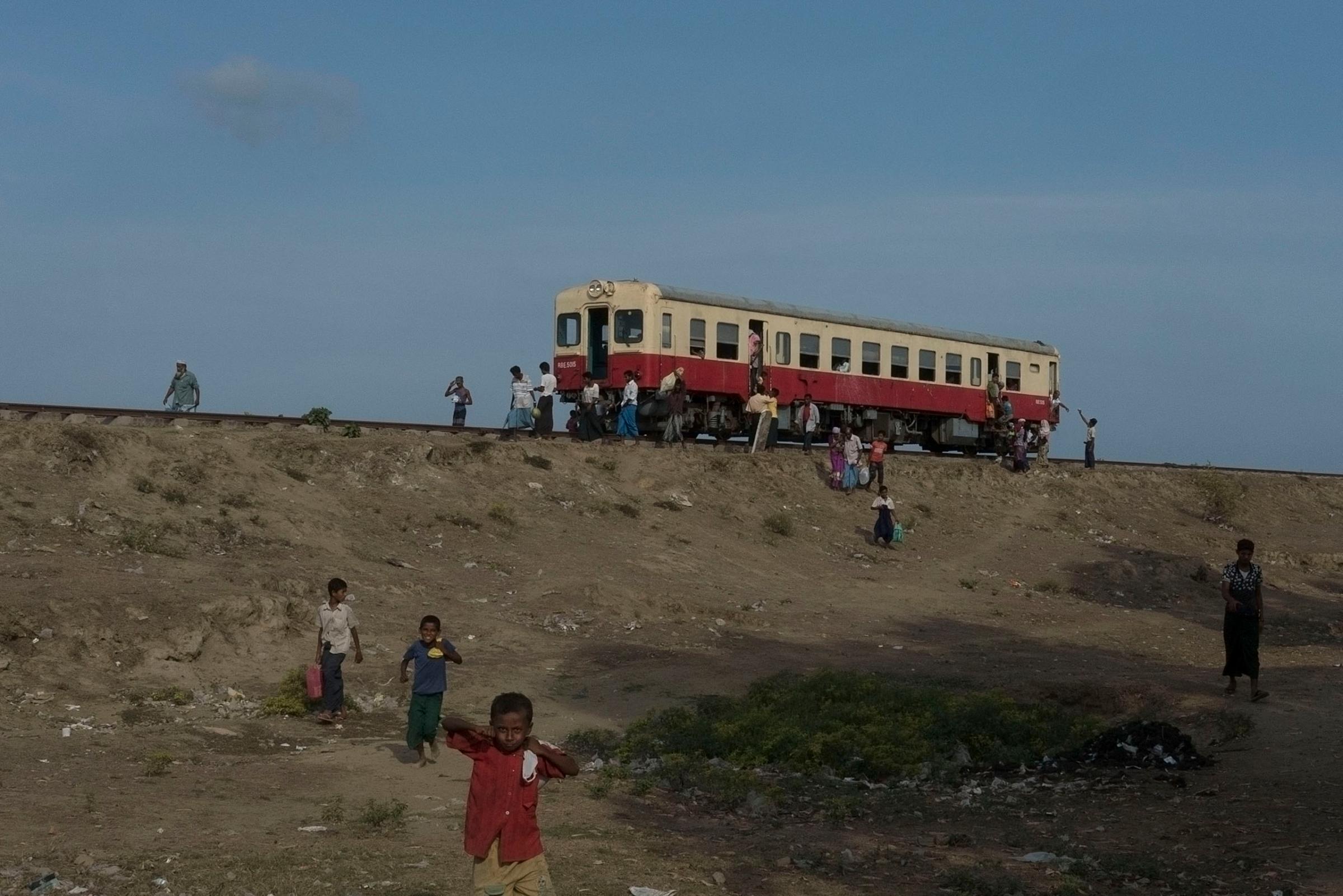
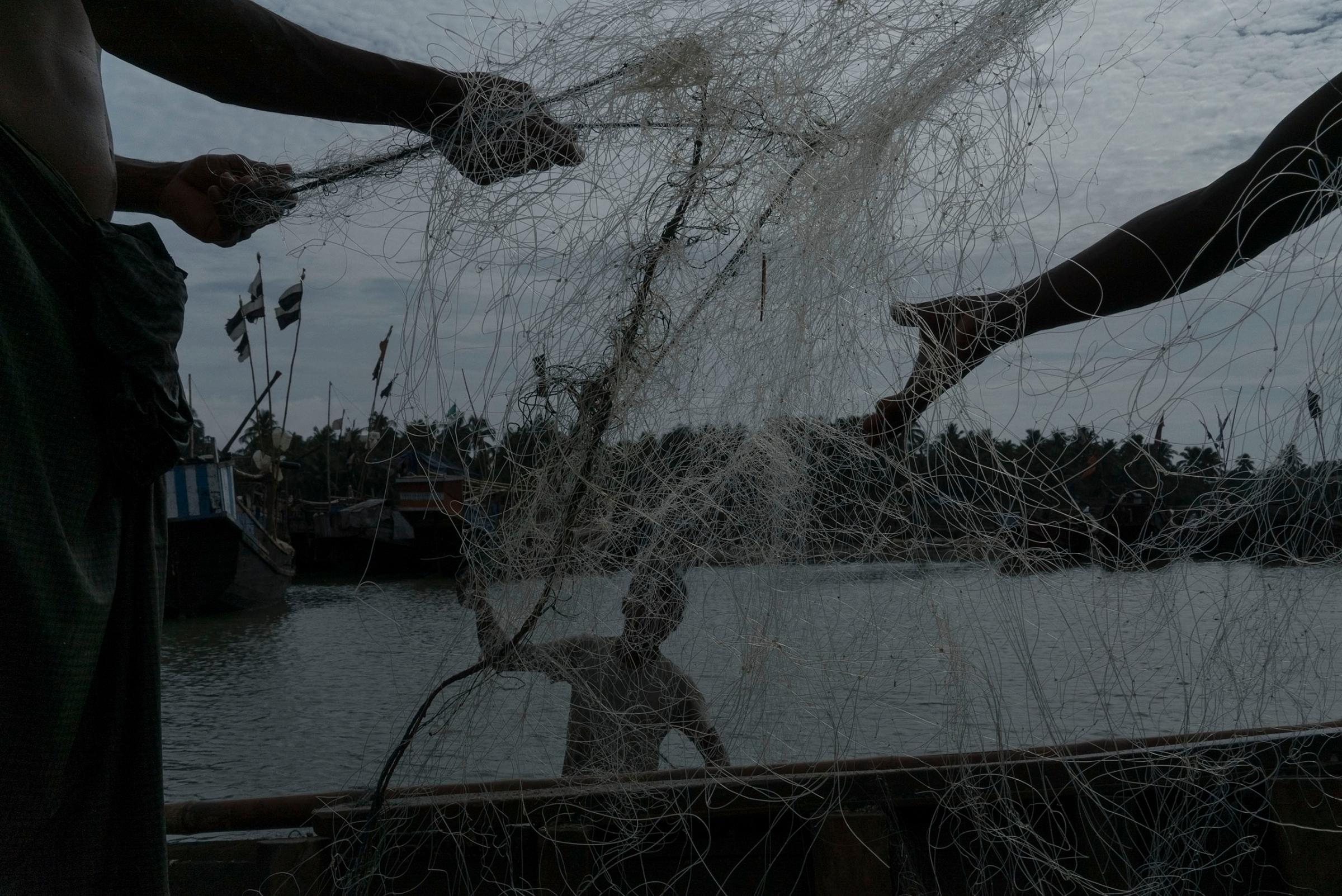
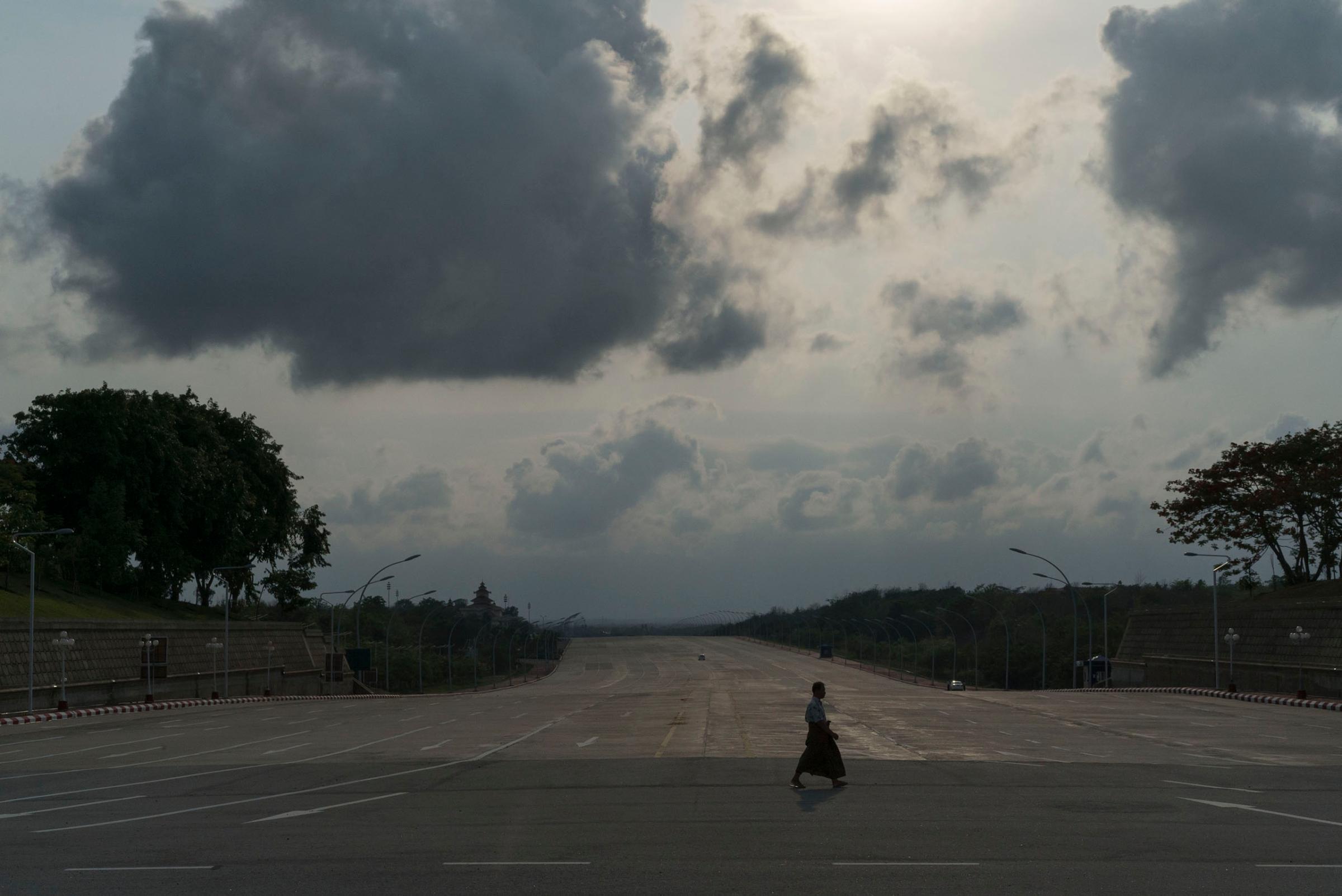
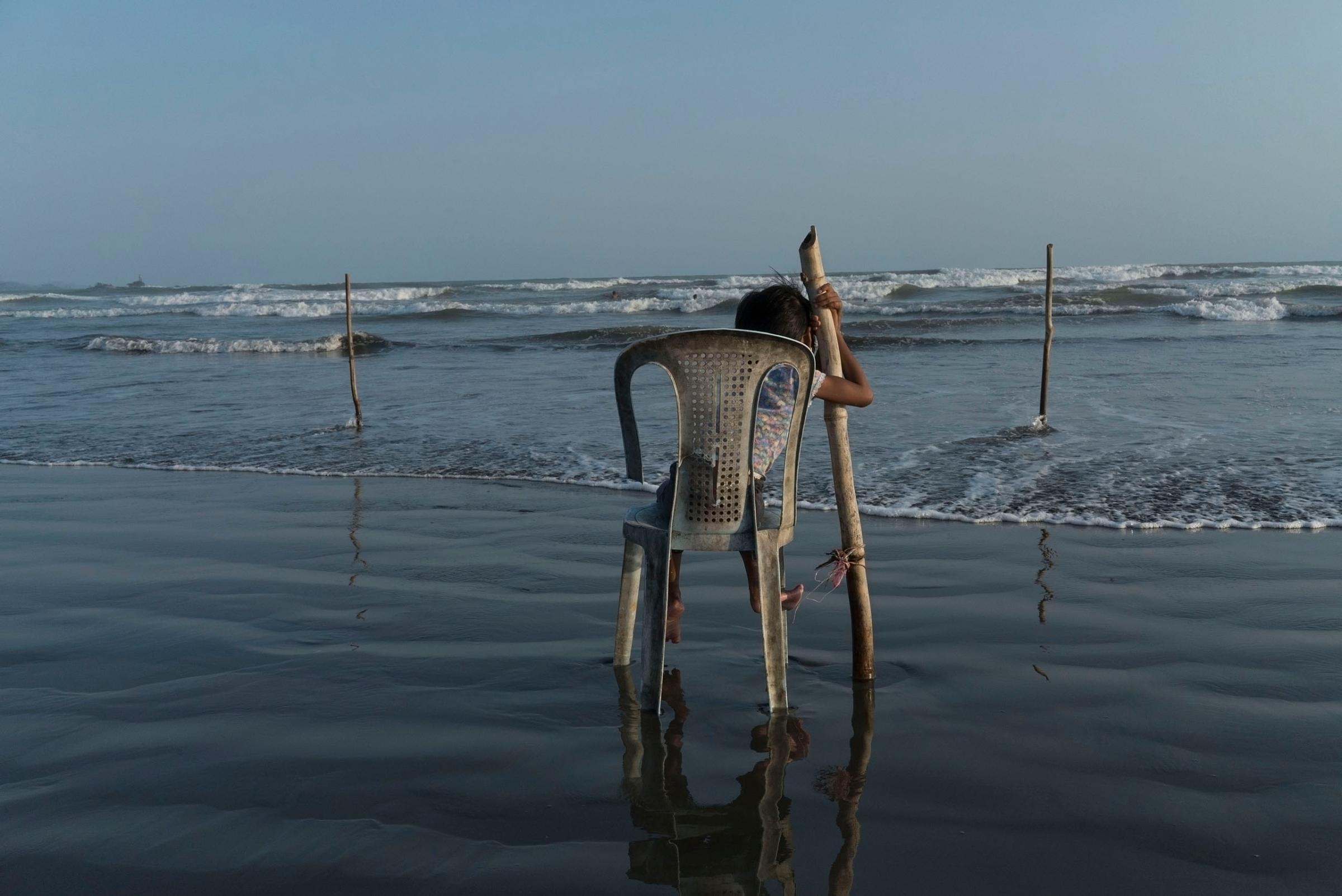
More Must-Reads from TIME
- L.A. Fires Show Reality of 1.5°C of Warming
- Behind the Scenes of The White Lotus Season Three
- How Trump 2.0 Is Already Sowing Confusion
- Elizabeth Warren’s Plan for How Musk Can Cut $2 Trillion
- Why, Exactly, Is Alcohol So Bad for You?
- How Emilia Pérez Became a Divisive Oscar Frontrunner
- The Motivational Trick That Makes You Exercise Harder
- Zelensky’s Former Spokesperson: Ukraine Needs a Cease-Fire Now
Contact us at letters@time.com